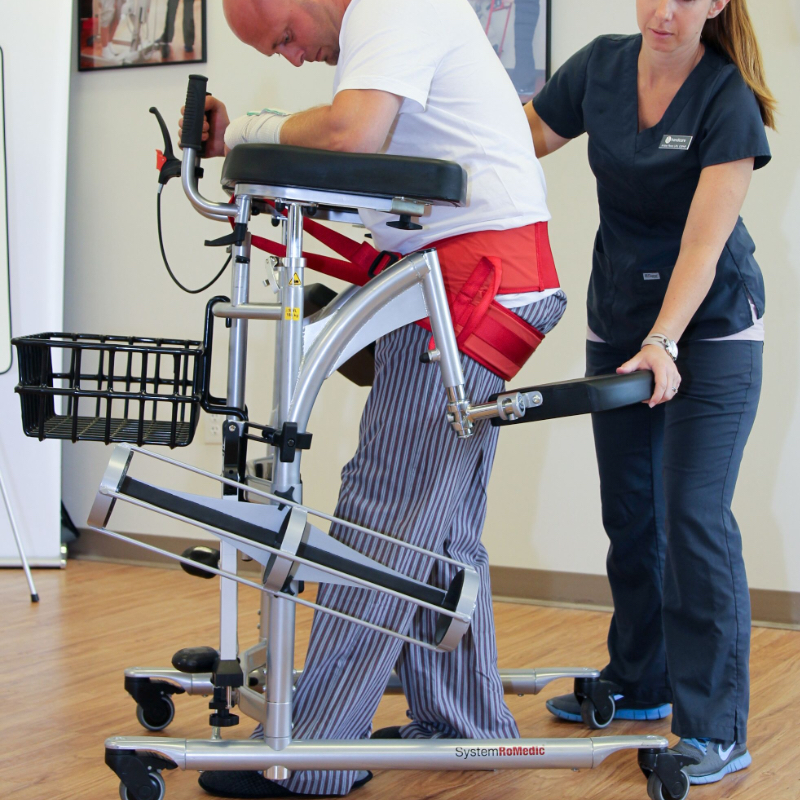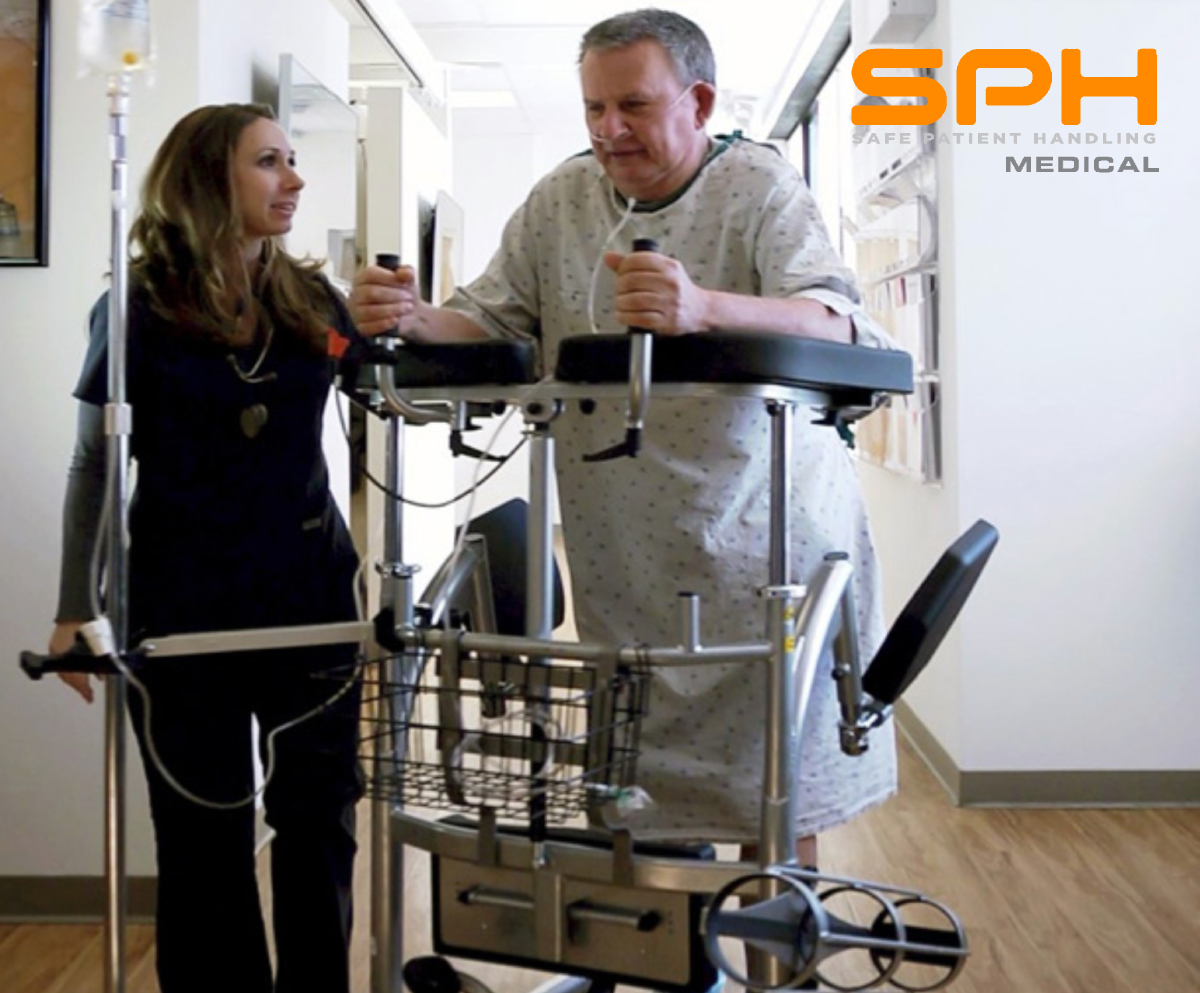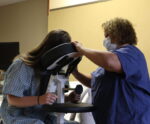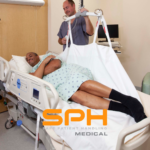For those unfamiliar with Dale M. Needham, M.D., Ph.D., he served as the lead researcher in a study published by the Johns Hopkins University School of Medicine. In that study, he concluded that early patient mobility significantly improves patient outcomes by reducing their risk of suffering from muscle weakness and mental illnesses. It, however, does not end there. Another study from the National Institutes of Health mirrors Dr. Needham’s findings and further shows that early patient mobility can lower a patient’s chances of developing pressure ulcers, blood clots, pneumonia, and urinary tract infections (UTIs).

Health Problems That Leave Some Hospital Patients Bedridden
Getting out of bed is not easy for some patients, and this is because some of them have medical conditions that affect their mobility. All hospitals are well aware of this. And that awareness has motivated many of them to institute a safe patient handling program to help patients escape the prison that is their hospital bed when needed. Before detailing what such a program entails, let’s take a moment to discuss some of the many medical conditions that can affect a patient’s mobility to the extent that they become bedridden. According to a study published by Cedars-Sinai, one of the largest nonprofit academic medical centers in the U.S, the following conditions can cause severe muscle weakness and make it very difficult for patients to get out of bed on their own:
- Neuromuscular diseases that cause weakness in the skeletal muscles
- Certain infections
- Vitamin deficiencies
- How Early Patient Mobility Improves Physical and Mental Health
To help patients avoid the additional health problems that can arise from being confined to a bed for too long, the medical teams in most hospitals use a safe patient handling program to help ambulate patients. The benefits of these programs are many. In addition to minimizing a patient’s chances of developing pressure ulcers, blood clots, pneumonia, and UTIs, not to mention making it easier for them to go from one department to another, they also contribute to the following:
- Improved heart health and overall cardiovascular function
- Increased muscle mass and a much stronger immune system
- Improved respiratory function
Early Patient Mobility Published Studies
Along with improved physical health, escaping the confines of one’s hospital bed from time to time also keeps mental health problems at bay, according to several evidence based studies. One of those studies comes from the National Institutes of Health. In that study, researchers found that ambulating patients via safe patient handling programs significantly lowers their chances of suffering from delirium, depression, and other mental health problems.
Why Hospitals Across the Country Are Praising the SPH Medical RoWalker
No patient handling program would be complete without the SPH Medical RoWalker, say hospital medical teams who use them to lift, reposition, transfer, and otherwise ambulate patients. And there is a good reason why they feel this way. Along with mobilizing patients, the SPH Medical Rowalker can carry a portable ventilator, an oxygen tank, IV pole, cardiac monitor, and many other items that long-term hospital patients need the most. To learn more about how these devices improve patient mobility and overall health, consider contacting SPH Medical today.



